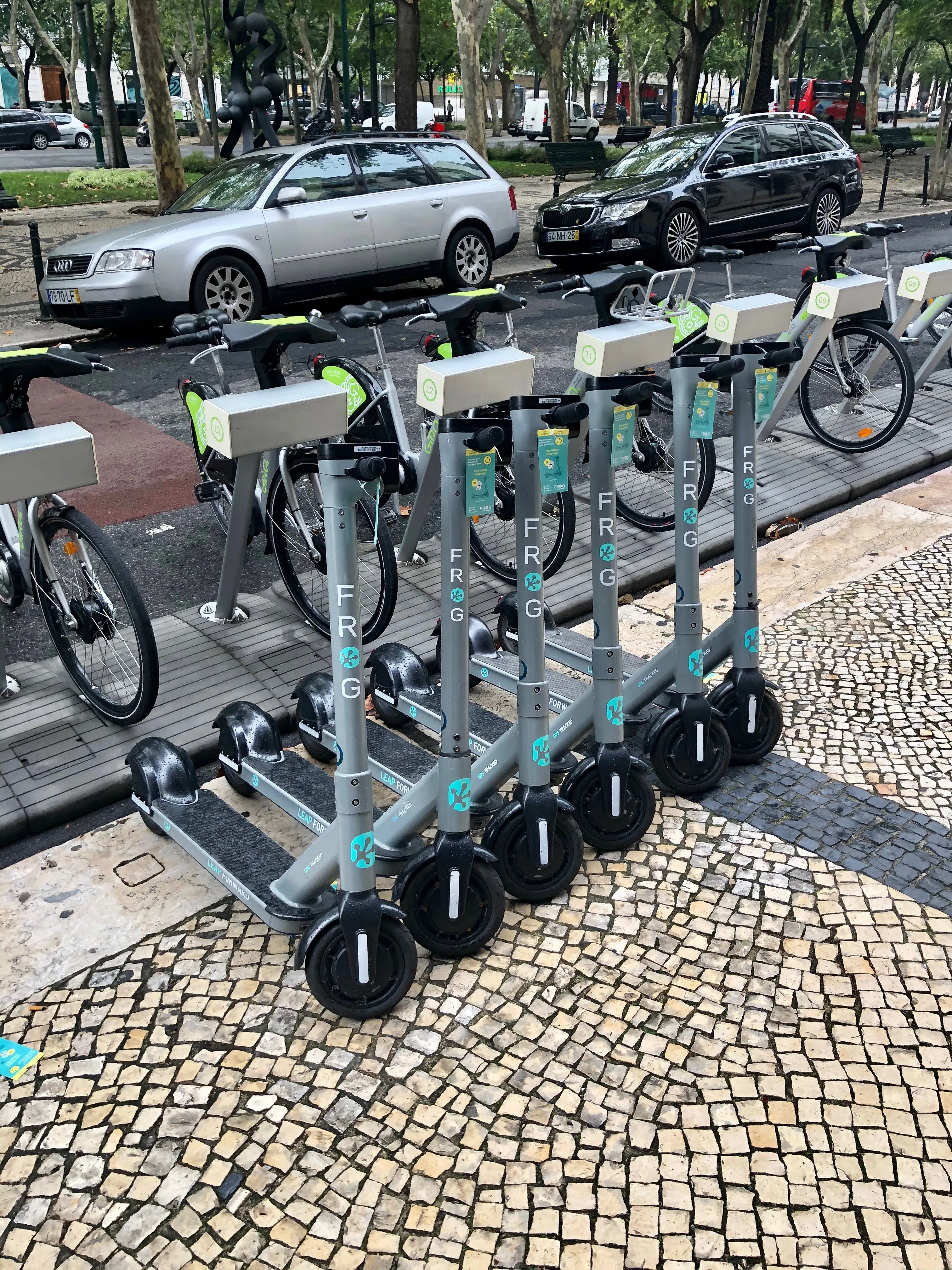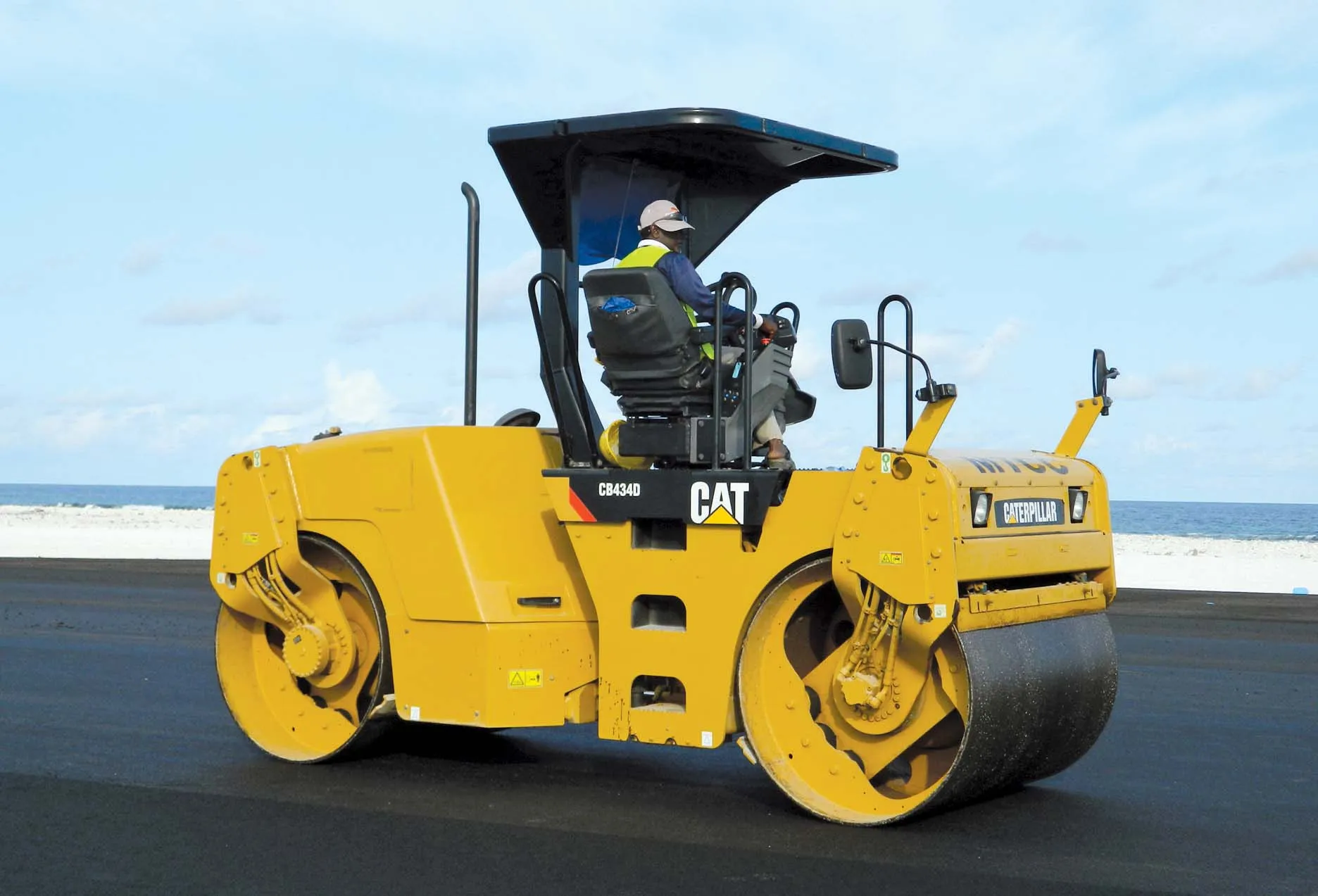
Legalising e-scooters for UK highways could threaten road safety, according to the Mineral Products Association, whose members employ or use drivers of large vehicles.
The Mineral Products Association (MPA) has responded to the government’s Future of Mobility public consultation with a strong call for e-scooters to be banned from shared roads.
The association cited serious safety concerns that make riders of micro-mobility devices such as e-scooters much more vulnerable than bicycle riders. The Mineral Products Association is the trade association for the aggregates, asphalt, cement, concrete, dimension stone, lime, mortar and silica sand industries.
“Compared to bicycles, e-scooters are less visible, less stable and less able to cope with potholes and other road hazards,” said Robert McIlveen, director of public affairs at the MPA. “MPA and our members have worked hard over the years promoting shared road safety and we believe that introducing new, more dangerous types of vehicle is neither safe nor sensible.”
He said MPA is a champion of the Construction Logistics and Community Safety standard, supporting high standards among our membership who are actively engaged in ensuring we minimise risk to cyclists, pedestrians and all other road users.”
The government’s Department for Transport is looking to roll out e-scooter rental schemes and so is working on clarifying their use. Riders reportedly would need a driver’s licence at some level to use one on the road.
At the moment in the UK, an e-scooter can be used only on private land and not on public roads, despite being legally classified as a “personal light electric vehicles” or PLEV.
On the one hand, an e-scooter is classified as a motor vehicle and so subject to legal requirement such as road use tax and licensing.
On the other hand, because many don't always have visible rear red lights, number or licence plates or signalling ability, they can't be used on highways.
However, un-powered scooters - those without motors and which are usually pushed along by using a foot – can be used on roads. But they can’t be used on pavements, footpaths or cycle paths.
The issue over the legality of e-scooter use on roads has not stopped many people, especially in big cities such as London, from buying them – which is not illegal – and then using them on roads – which is illegal. Last July, nearly 100 electric scooter users were stopped in London during one week, according to media reports at the time. Police fined 10 people and confiscated riders’ scooters because of highway infractions including speeding and going through red lights.
The police crackdown came shortly after a woman died and a boy was seriously injured while riding their scooters.









